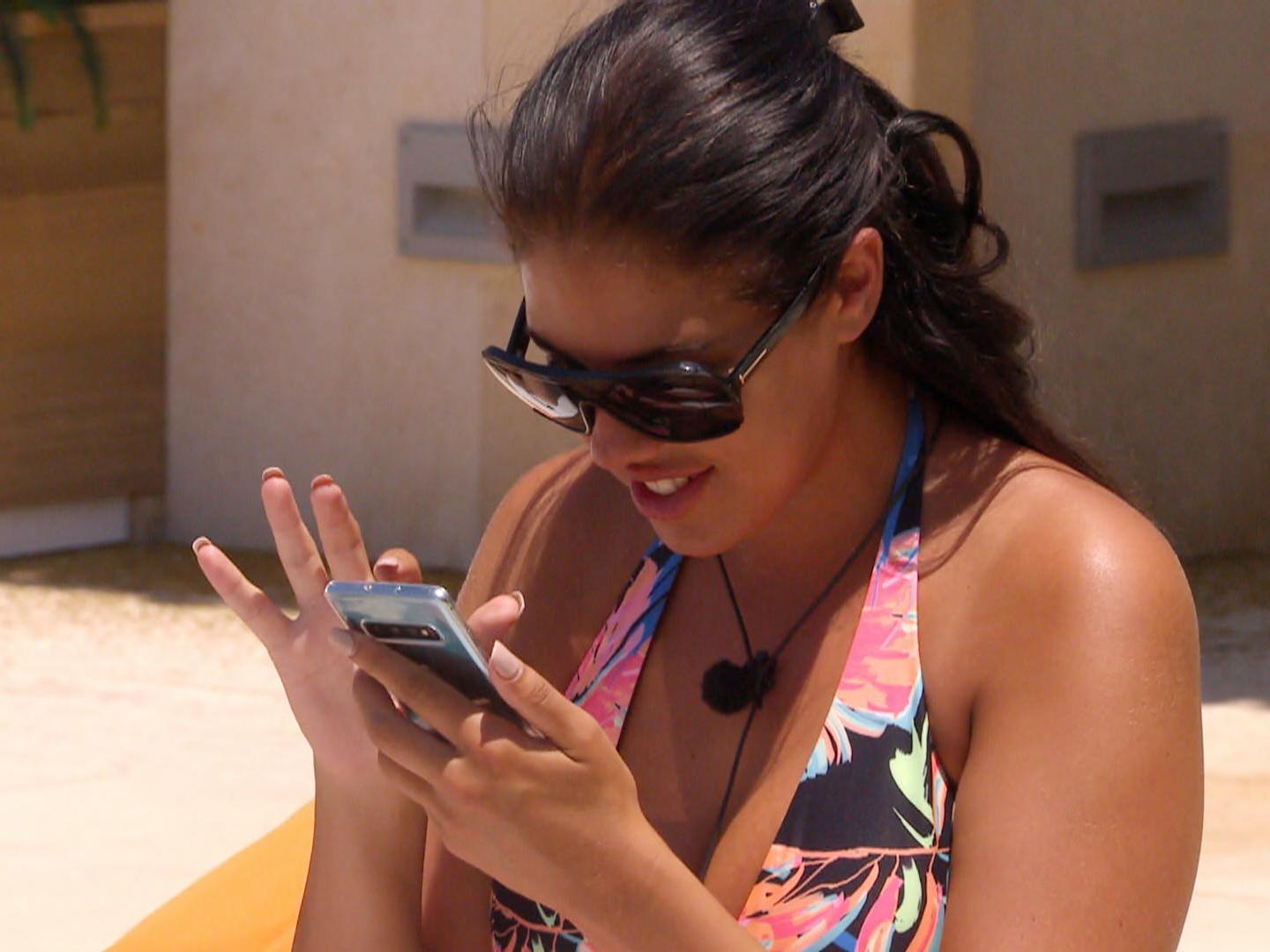Advertising watchdogs launch social media ‘survival kit’ for Love Island contestants
'Make sure you're upfront and clear when you're being paid to post'

The Advertising Standards Authority has partnered with ITV to launch a social media “survival kit” to help Love Island contestants stick to the rules when promoting paid content.
The ASA’s guidance comes in the form of a checklist, which aims to encourage former Islanders to be “upfront and clear” with their followers when posting an advertisement on their social media platforms.
The watchdog’s rules regarding paid-for posts, which apply to all influencers and celebrities, require them to be “obviously identifiable” as advertisements.
If, however, consumers have to “play detective” in order to work out whether what they see is in fact a commercial post, the person who posted it could face an ASA investigation.
“Given the popularity and success of Love Island, many brands and companies may look to enter into commercial partnerships with contestants as a quick and effective way of reaching and promoting directly to their social media followers,” the ASA states.
“While there is nothing wrong with that, it’s important that all parties know and understand how and when the advertising rules apply to them to ensure the public aren’t being misled.”
The ASA’s survival kit encourages former stars of the reality TV show to “spell it out” when they’re promoting a product, ideally with an indicative hashtag such as “#ad” that is clearly visible in the post i.e. not hidden away at the end of a caption.
It also offers guidance on discount codes, stating: “If you’re being rewarded for sales from a discount code or affiliate link in a post you need to say this is an ad. If only some of the links or content relate to the promoted product you need to make clear which parts of the post are an ad.”
The ASA’s guidelines also states that gifted products count as “payment-in-kind” and are therefore advertisements. This means that if a Love Island star wants to post about a freebie they’ve received, they must clearly inform their followers that the post is an advertisement.
ASA chief executive Guy Parker said: “Our checklist is a quick and effective way of helping Love Islanders ensure their social media posts stick to the rules and avoid misleading their followers.
“Our message is simple: make sure you’re upfront and clear when you’re being paid to post.”
Several social media influencers have come under fire with the ASA in recent months for their posts, including Louise Thompson, Millie Mackintosh, and Marnie Simpson.
Join our commenting forum
Join thought-provoking conversations, follow other Independent readers and see their replies
Comments